Honda Fights Back For Hybrid Relevance

Honda’s half-hearted approach to hybrids is about to be shaken up, possibly leading to the development of a hybrid system that goes beyond Honda’s traditional integrated motor assist (IMA) system. Automotive News [sub] reports that Honda CEO, Takanobu Ito has told his Research and Development staff to develop a hybrid which beats the Toyota Prius in fuel economy. Or else. This development probably has something to do the failure of the Honda Insight (Prius sales in 2009 were 139,682. Insight sales for the same period: 20,572); as Honda Executive VP, John Mendel said “Are we happy with how sales are going? No, we’re not happy.” Mr Ito made it clear that Honda’s hybrid line up is a top priority. “We want to develop and expand our hybrids,” said Ito. “We made some major sacrifices to shift people and resources to do that.”
TTAC has reported on some of the problems plaguing Honda’s hybrids, especially the recently-announced CR-Z, which was designed to be a sporty hybrid aimed at enthusiasts, and can be had with a manual transmission. However, choosing the manual transmission results in a major drop in fuel economy, which kind of defies the point of having a hybrid. The manual transmission gives 31/37mpg. Whereas, the CVT gearbox gives 36/38mpg. To give some extra perspective, a Mini Cooper with a manual transmission, gets 28/37mpg without any hybrid trickery. In a world where Toyota’s reliability is being called into question and Honda’s fuel economy is now looking rather suspect, it’s clear that nothing stands still in the world of cars. And with Hyundai poised to bring its own hybrids to the US market, Honda will have to scramble to stay ahead.

More by Cammy Corrigan



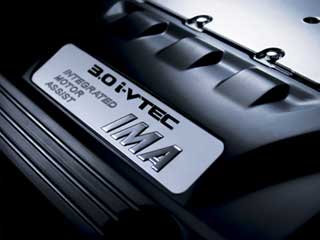















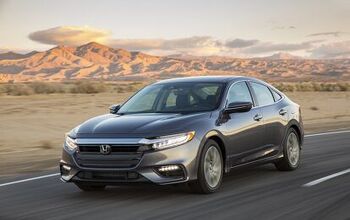
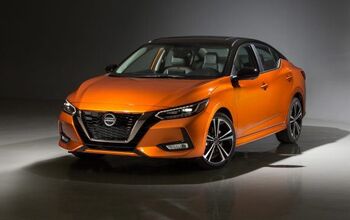
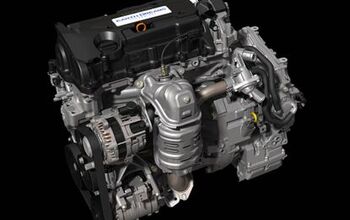









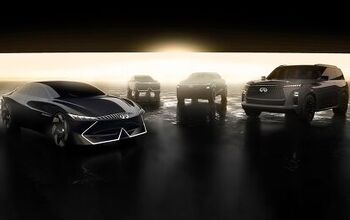


Comments
Join the conversation
Here is where Honda can really do a great hybrid by doing a clean Diesel hybrid combo. Locomotives run on diesel serial hybrid drive trains not gas parallel and the rail road industry is much more mature in hybrid technology than cars. A diesel gets 30% better mpg than a gas engine overall. Add Hybrid technology to get another 25% better fuel economy and you have a world beating hybrid. Hell Honda doesn't need to redesign their IMA just switch to diesels (and they have world class diesel engines in Europe). Just make the right transmission to work with these. Anyway - No one buys a hybrid for performance (at least yet). Honda's bet in that realm has failed (Accord Hybrid).
Also consider that diesel engines cost more to maintian & repair. Actually a diesel in something like the Volt where it could run at a constant speed would make a lot of sense but you'll never sell it to the US consumer.
I doubt that the diesels work as well with start/stop technology. They don't like cold starts, and, with their high compression, take more cranking power to fire up.
Or maybe Honda can just shelve hybrids all together and instead work on applying start stop systems to all their cars - this would make a significant difference in city mileage / stop and go. By making over 100 million gas powered cars & trucks more efficient for a lower cost - we'd all save much more gas than a million hybrids could ever do - not even considering the battery replacement requirements.